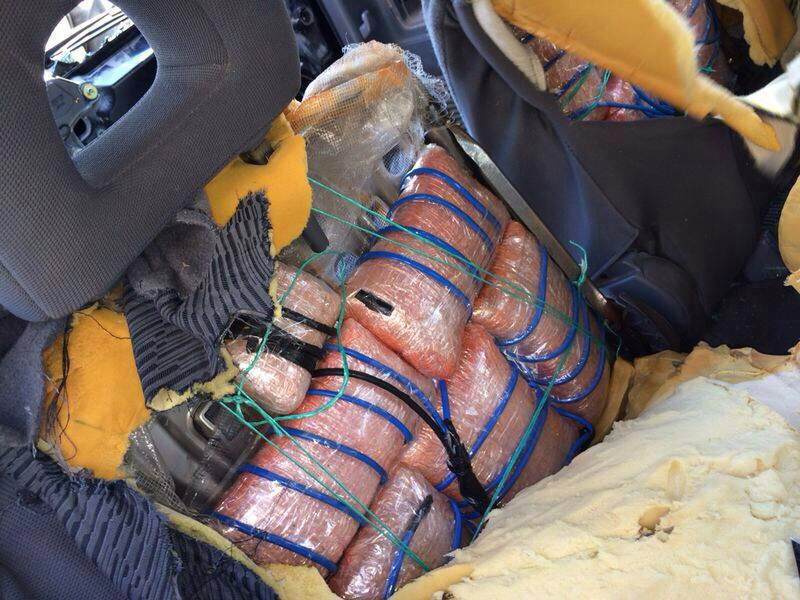West Asia
Lebanese Army Arrests Dangerous Man in Arsal for Sending Car Bombs to Dahiyeh, Hermel

The Lebanese Army arrested in the town of Arsal one of the most dangerous man accused of being involved in the preparation and transfer of booby-trapped cars, Al-Manar correspondent reported.explosive materials
Al-Manar correspondent said that the operation took place in Baalbek on Saturday evening on the international road, where the man, Ali Amoun, was under watch and was being tracked until he was arrested. Amoun is now under investigation to unveil full details about his role in the terrorist bombings in Hermel and Beirut’s southern suburbs.
The National News Agency pointed to the arrest of Amoun, and said he was one of the most dangerous fugitives wanted for sending booby-trapping cars to Lebanon.







